Modi terms Indus Water Treaty 'unjust and one-sided'
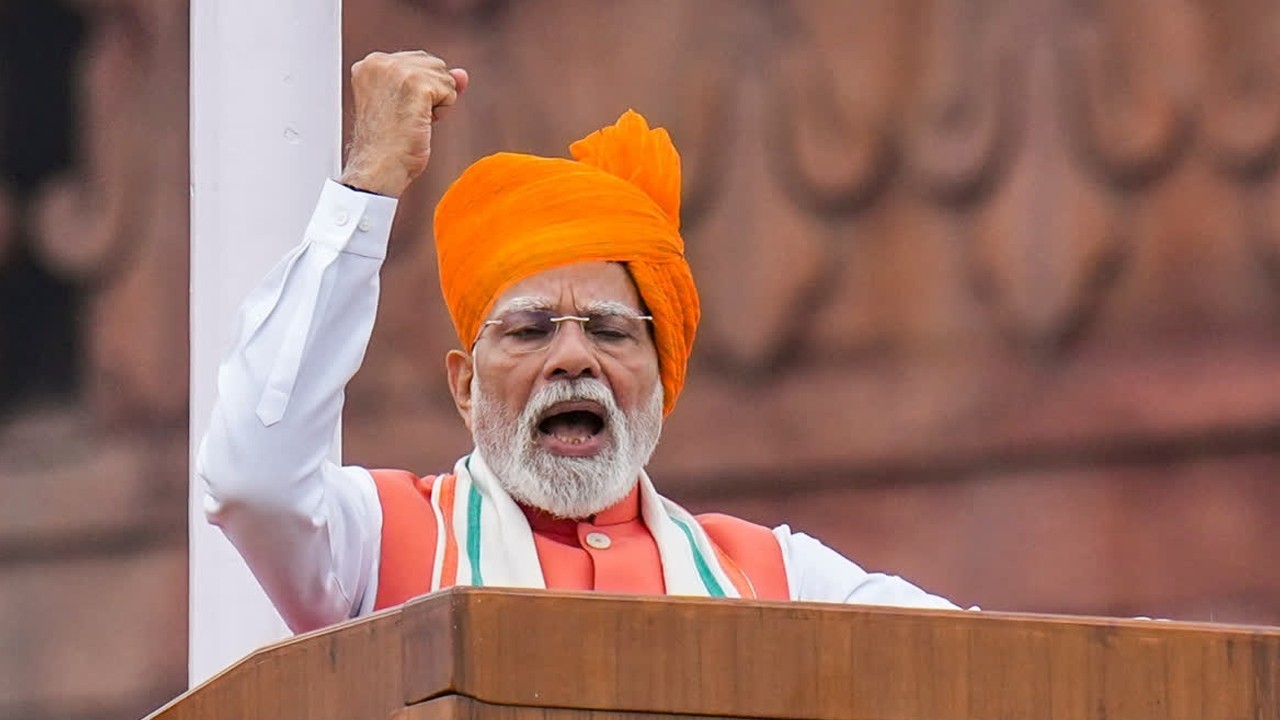
Web Desk
|
15 Aug 2025
Indian Prime Minister Narendra Modi on Friday termed the Indus Waters Treaty (IWT) as “unjust and one-sided”, claiming that it has allowed Pakistan to benefit from rivers originating in India while depriving Indian farmers of their fair share.
Speaking at Red Fort on the occasion of India's 79th Independence Day, Modi said, "The people of our country have clearly understood how unjust and one-sided the Indus agreement is."
He said that the waters of rivers originating in India have been irrigating the fields in Pakistan, while "the farmers and the land of my own country remain thirsty without water." "This was such an agreement that has caused unimaginable damage to the farmers of my country for the last seven decades. Now, the right over the water belongs only to the farmers of India," he added.
Separately, India’s foreign ministry said in a statement that the Court of Arbitration has “no legal authority” to issue rulings on the Indus Waters Treaty (IWT), insisting New Delhi has “never recognised” the court’s legitimacy.
The statement came days after the Hague-based tribunal ruled in Pakistan’s favour, declaring that India must ensure its new hydroelectric projects on western rivers, allocated to Pakistan under the 1960 treaty, conform strictly to the agreement’s technical provisions. The court also upheld its jurisdiction to hear the case brought by Islamabad in 2023.
Read More: Hague court orders India to release western rivers’ waters to Pakistan
Under the IWT, brokered by the World Bank, Pakistan has rights over the Indus, Jhelum and Chenab, rivers that flow westward into its territory, while India controls the eastern rivers Ravi, Beas and Sutlej.
Pakistan has long voiced concern that Indian dam and hydropower projects on the western rivers could restrict downstream flows, jeopardising the country’s agriculture and hydropower generation, both heavily dependent on these waters.
In its ruling, the Court of Arbitration stated that the treaty “does not permit India to generate hydro-electric power on the Western Rivers based on what might be the ideal or best practices approach for engineering”, and that project designs must comply “strictly” with treaty specifications. The tribunal’s findings, it added, are final and binding on both countries.





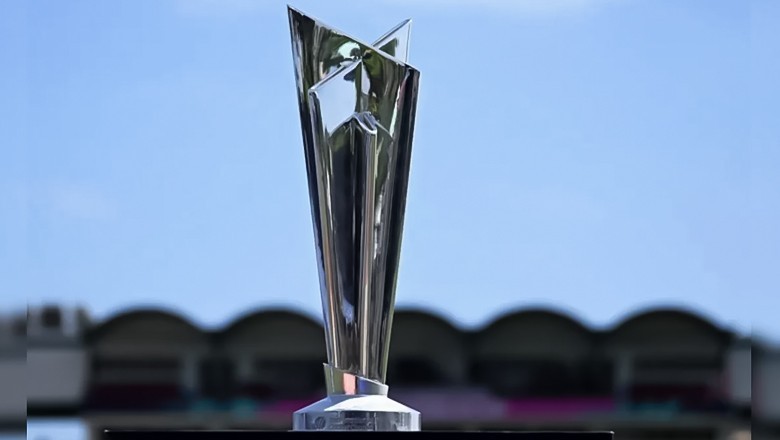

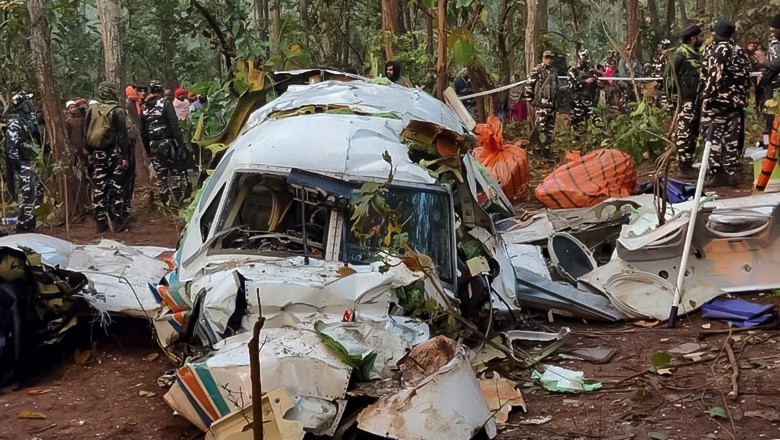
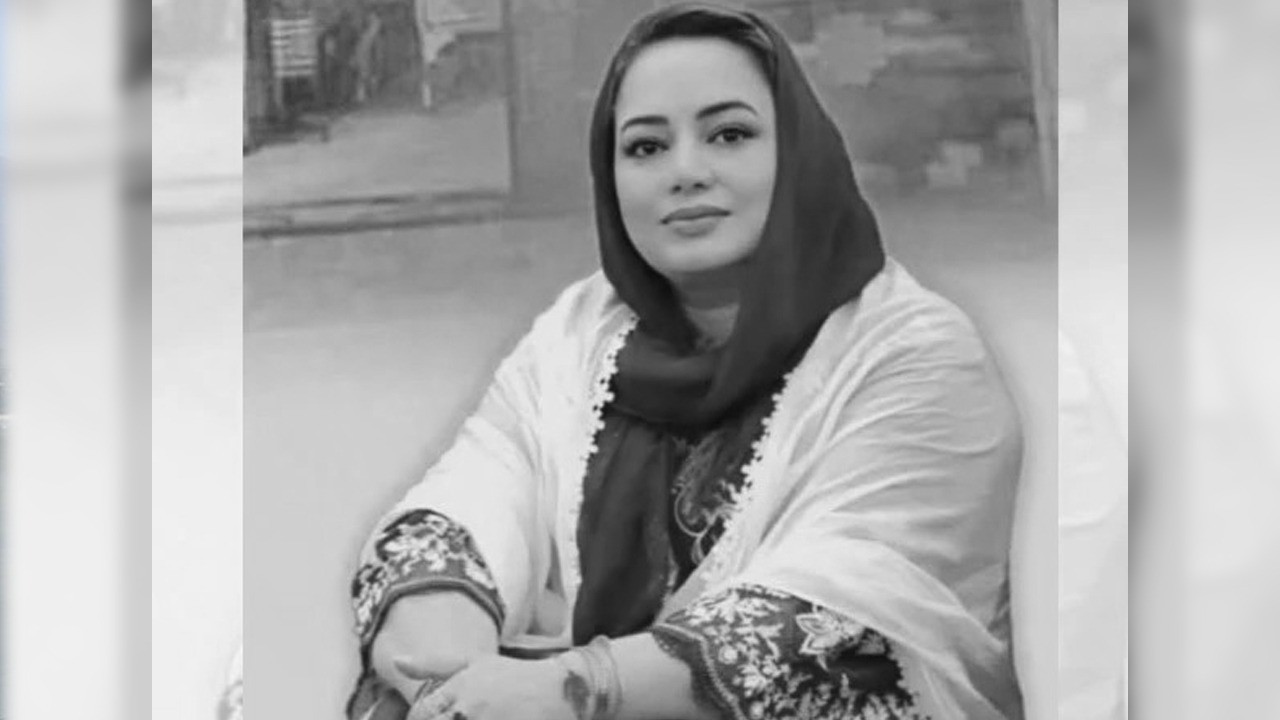

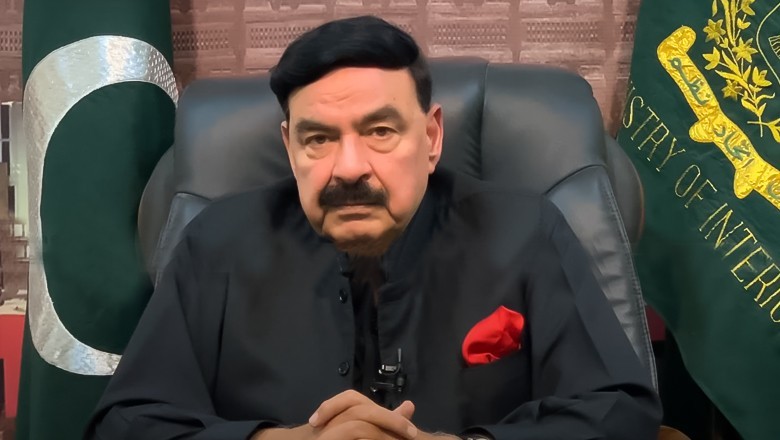
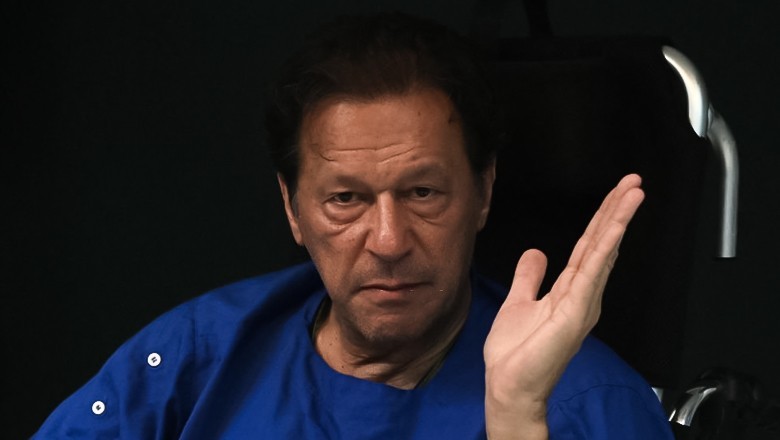
Comments
0 comment